Delta Air Lines has issued a stark warning that its revenue could decline in the current quarter, citing “broad economic uncertainty around global trade” as the primary reason. The airline’s CEO, Ed Bastian, has expressed growing concern that the US economy may be heading into a recession. This development underscores the far-reaching impact of trade tensions and economic uncertainty on industries that are not directly involved in trade disputes.
Revenue and Growth Concerns
Delta’s revised outlook reflects a significant shift from earlier expectations. In January, Bastian had predicted that 2025 would be the company’s most profitable year ever. However, the airline now warns that growth has largely stalled, and it is no longer standing behind its previous guidance of record profits. The airline has also abandoned plans to increase seating capacity later this year, as both business and leisure travelers are cutting back on travel plans due to economic uncertainty.
Business and Leisure Travel Impact
Delta is witnessing a notable decline in bookings for lower-fare seats, while premium seating remains relatively stable. However, business travel, which had been growing at about a 10% annual rate at the start of the year, is now flat compared to the previous year. Bastian highlighted that corporate travel is often the first casualty during periods of economic uncertainty, as companies seek to minimize costs.
Economic Outlook and Defensive Posture
During an interview, Bastian indicated that Delta is operating as if a recession is imminent. He noted that in the absence of a swift resolution to the trade disputes, the US is likely to enter a recession. This sentiment is echoed by other companies that are also backing off their guidance due to the tariff battles. For example, Walmart, the nation’s largest retailer, pulled its guidance for the current fiscal quarter, although it reaffirmed its full-year sales and profit guidance.
Operational Adjustments
In response to the economic uncertainty, Delta is taking several measures to protect its margins and cash flow. The airline plans to reduce its “available seat miles” — an industry term for the number of seats it sells, adjusted for the miles those seats are flown — to flat year-over-year. Additionally, Delta expects its employment level in 2025 to be lower than in 2024, though this reduction will be achieved through normal attrition and voluntary departures rather than layoffs.
Financial Performance Amid Uncertainty
Despite the economic headwinds, Delta reported better-than-expected earnings for the first quarter of 2025, with adjusted EPS of $0.46 versus the $0.38 expected by Wall Street. Adjusted revenue came in at $12.98 billion, matching forecasts, while net income jumped to $240 million, up from $37 million a year earlier. However, the airline’s second-quarter revenue is now expected to be between a gain of 2% and a decline of 2%.
A Call for Clarity and Stability
Delta Air Lines’ warning is a clear indication that the economic uncertainty stemming from global trade disputes is having a tangible impact on businesses across sectors. As companies like Delta and Walmart adjust their strategies in anticipation of a potential recession, the need for clarity and stability in trade policies becomes increasingly critical. The hope is that policymakers will recognize the urgency of resolving trade disputes to restore confidence and prevent further economic fallout.

By Samuel Cooper/Apr 10, 2025

By Noah Bell/Apr 10, 2025

By Sarah Davis/Apr 10, 2025

By Noah Bell/Apr 10, 2025
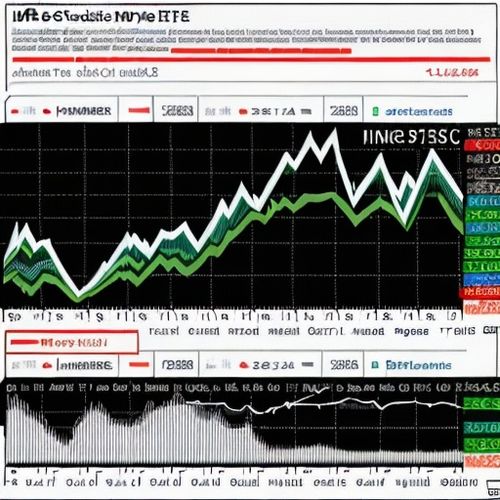
By Rebecca Stewart/Apr 10, 2025

By Lily Simpson/Apr 10, 2025

By Christopher Harris/Apr 10, 2025

By Emma Thompson/Apr 10, 2025

By Olivia Reed/Apr 10, 2025
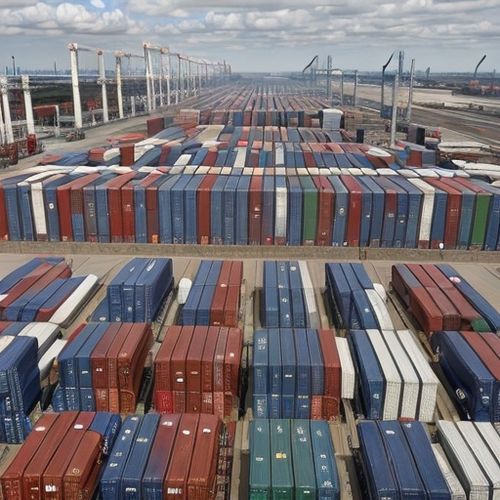
By Eric Ward/Apr 10, 2025
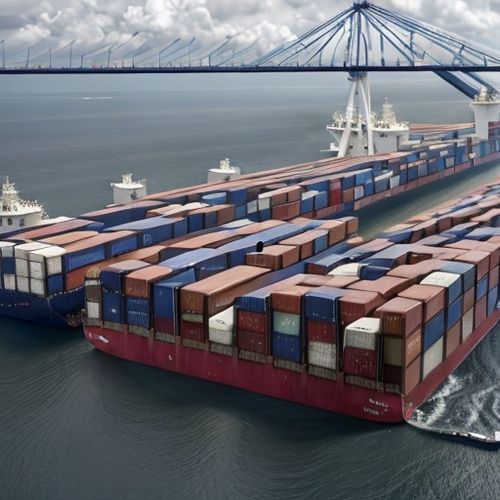
By Victoria Gonzalez/Apr 10, 2025

By Jessica Lee/Apr 10, 2025
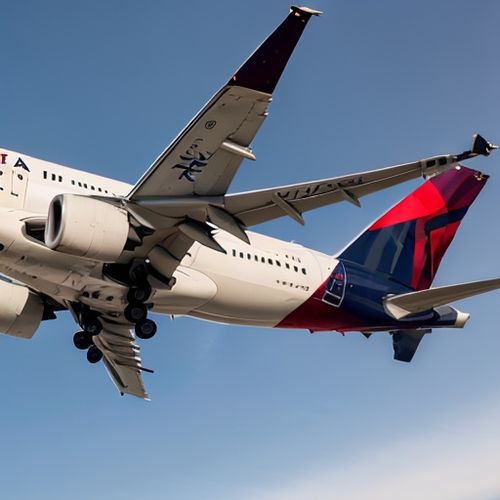
By Sophia Lewis/Apr 10, 2025
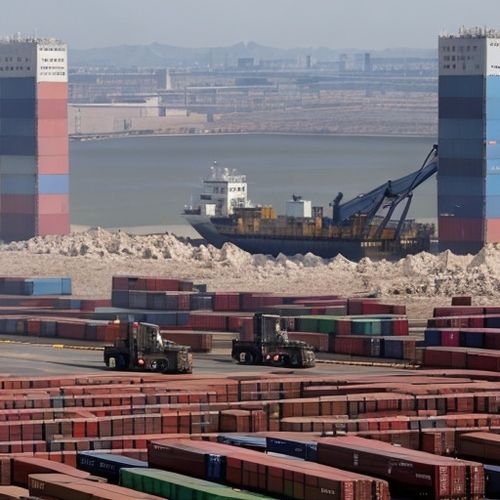
By Eric Ward/Apr 10, 2025
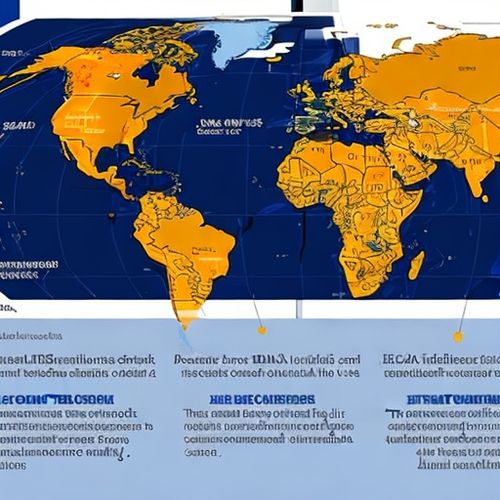
By William Miller/Apr 10, 2025

By James Moore/Apr 10, 2025